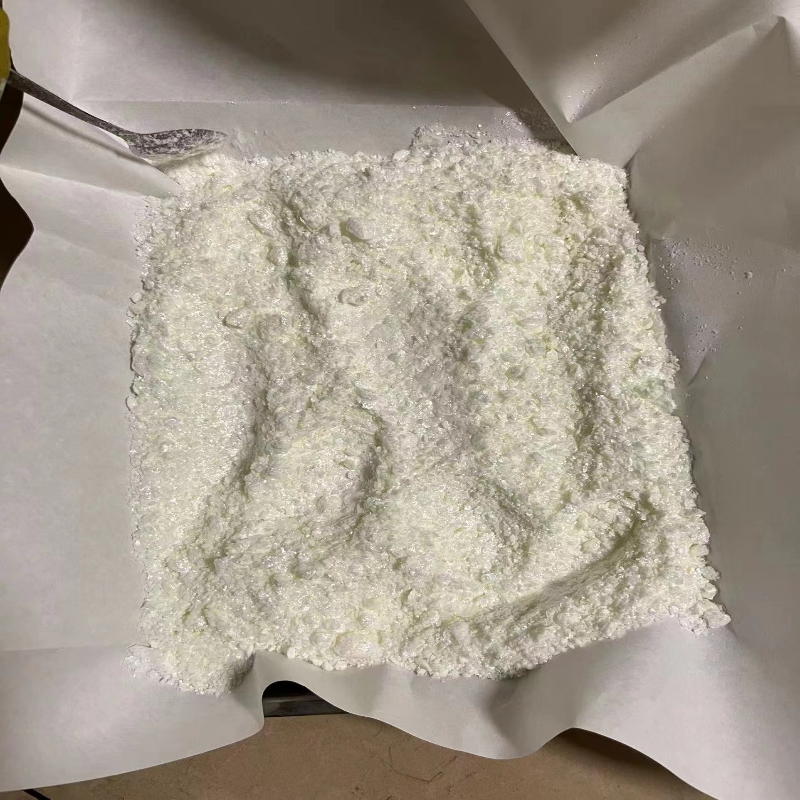-
Categories
-
Pharmaceutical Intermediates
-
Active Pharmaceutical Ingredients
-
Food Additives
- Industrial Coatings
- Agrochemicals
- Dyes and Pigments
- Surfactant
- Flavors and Fragrances
- Chemical Reagents
- Catalyst and Auxiliary
- Natural Products
- Inorganic Chemistry
-
Organic Chemistry
-
Biochemical Engineering
- Analytical Chemistry
-
Cosmetic Ingredient
- Water Treatment Chemical
-
Pharmaceutical Intermediates
Promotion
ECHEMI Mall
Wholesale
Weekly Price
Exhibition
News
-
Trade Service
Plastic recycling machines made by European start-up Precious Plastic are helping fight the pandemic: turning waste plastic into personal protective equipment (PPE) to help slow the spread
.
broadcast
.
into anti-epidemic materials
.
Dave Hakkens, CEO of Precious Plastic, expressed his pleasure to see colleagues, designers and manufacturers in Germany, Spain, Greece, Austria and Switzerland all using their company's injection molding machines to manufacture medical and epidemic prevention materials
.
The plastic machine manufactures medical and epidemic prevention materials
.
Production speed is 75 times faster than 3D printing
Precious Plastic's factories in La Safor, Spain, and Gran Canaria, Spain, are the first to start making and sharing designs for protective face shields frame that sits on the wearer's forehead and holds the plastic face shield on the wearer's face.
.
The brace is placed on the wearer's forehead and holds the plastic mask on the wearer's face
.
"Our factory in Gran Canaria has supplied more than 3,000 shields to governments, hospitals and the private sector," said Rory Dickens , a member of Precious Plastics and founder of the nonprofit Recycle Rebuild .
"Our injection molding machine can produce PPE 75 times faster than a 3D printer .
"
"Our factory in Gran Canaria has supplied more than 3,000 shields to governments, hospitals and the private sector," said Rory Dickens , a member of Precious Plastics and founder of the nonprofit Recycle Rebuild .
Meanwhile, the company's plastic recycling workshop in Kunststoffschmiede, Germany, is also using its machines to make at least 20,000 protective face shields for the Dresden region
.
Austria-based project partner Plasticpreneur says it has entered "volume production"
.
These face shields protect the wearer from being splashed with infectious droplets and help keep their masks dry
.
Medical-grade N95 or FFP2 masks must be replaced when wet, but medical masks are currently in short supply in all affected countries
.
Medical masks are in short supply in China
.
200 degrees Celsius high temperature sterilization
200 degrees Celsius high temperature sterilizationHygiene is a crucial part of the production of medical supplies, especially when using waste plastics
.
"Before production, waste plastic is cleaned and then heated to over 200 degrees Celsius to sterilize the plastic," explains Dickens .
.
"
He added that injection-molded products are not as porous as 3D printing, which means bacteria and viruses cannot "hide" inside the plastic
.
"It turns out that Covid-19 can linger on plastic surfaces for up to nine days," Dickens said .
As a
result, infection control guidelines dictate that PPE must be incinerated after use
.
but
Dickens argues that as long as these items can be disinfected, there is no reason to incinerate them
.
"Instead, they can be washed, chopped and recycled into one of the other open source products
.
"







